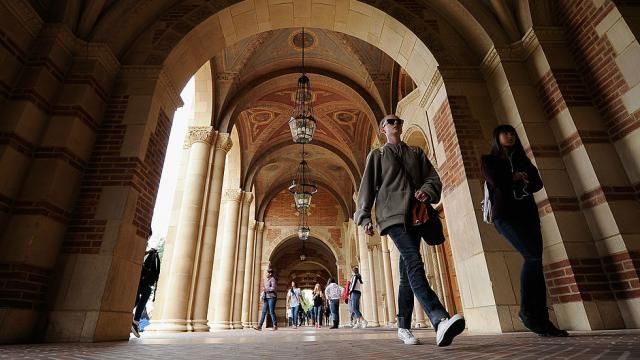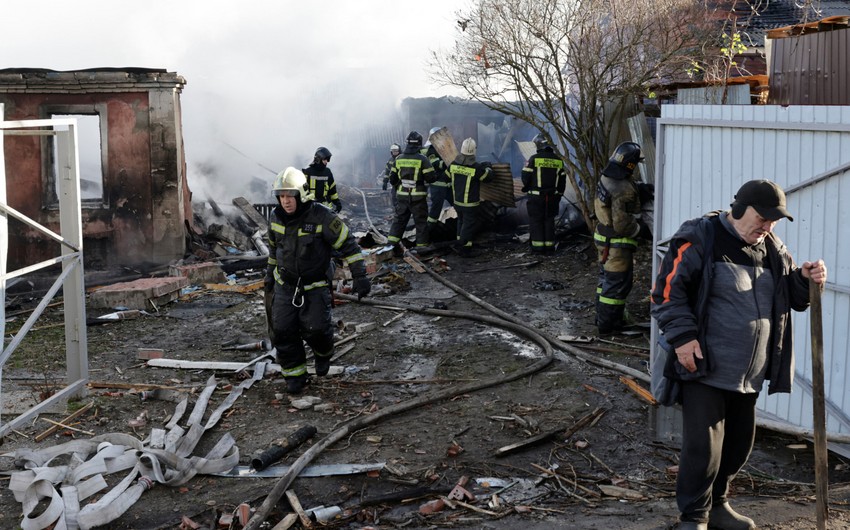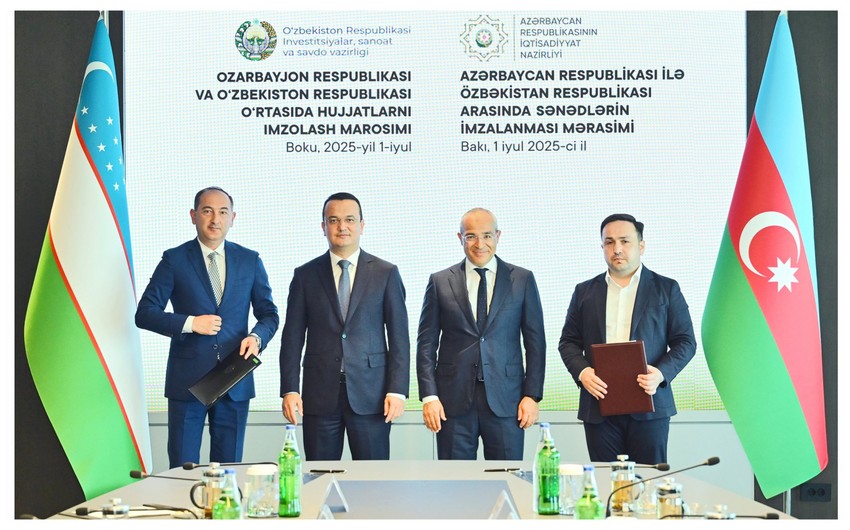Talk of higher education reform tends to focus, understandably enough, on the cost of college. After all, steady tuition increases, rising student debt, and eye-popping sticker prices at well-known colleges and universities leave too many students and parents wondering if college is out of reach.
For all this healthy attention as to whether students can afford to go to college, however, we’ve too often lost sight of an equally crucial question — whether they’ll actually earn a degree once they’re there. The disheartening reality is that far too many students invest scarce time and money in attending a college from which they never graduate, and frequently wind up worse off than if they’d simply foregone college altogether.
In 2016, more than 40 percent of all students who started at a four-year college six years earlier had not yet earned a degree. Odds are that most of those students never will. In real terms, this means that nearly two million students who begin college each year will drop out before earning a diploma.
Indeed, according to our research, there are more than 600 four-year colleges where less than a third of students will graduate within six years of arriving on campus. When we look at public two-year colleges, most of which are community colleges, the graduation rate for full-time, first-time students is even lower. Only about 26 percent of students at those schools will have completed their degree within three years.
These dismal completion rates create significant private and societal costs. For individual students, the costs come in the form of student debt, lost time, and lower expected earnings (median annual earnings for students who complete a bachelor’s degree are $15,000 higher than for those who attended college but didn’t earn a degree). For society, the costs show up in forgone tax revenue and wasted public subsidies. In aggregate, some estimate that the total private and public costs of non-completion impose a half a trillion dollar drag on the economy.
In seeking to respond to these challenges, education scholars at the American Enterprise Institute and Third Way have joined together to commission a series of studies by five experts laying out the challenges of non-completion and the urgency for families, educators, and policymakers to take action to address it. (You can find those papers here.)
Now, we do well to heed the risks that a narrow focus on college completion can invite — especially when such an emphasis starts to shapes the incentives and strictures of public policy.
As we have seen in K–12, it is all too possible for simple metrics to yield gamesmanship, corner cutting, or manipulation. We are all-too-familiar with colleges that are content to churn out watered-down degrees with little labor market value, or that take care to only admit the most academically prepared students — leaving someone else to serve others for whom the path to completion will be more difficult. Obviously, measures that encourage colleges to “game the system” are a step in the wrong direction.
Thus, reforms intended to incentivize or improve completion rates need to be designed with scrupulous attention to potential consequences and due regard for the full range of outcomes that matter to taxpayers and students.
That said, there are examples of intriguing programs at the state and college-level that merit careful attention. Thirty-two states currently use performance-based funding policies that award a larger share of public subsidies to colleges that deliver impressive performance metrics. While the overall success of these policies is still up for debate, what’s clear is that states like Indiana, Ohio, and Tennessee are using these policies to gently prod colleges to focus on their students’ outcomes. In such states, some higher education institutions have modified their advising, counseling, and academic services to prioritize retention and completion.
Approached with care and appropriate attention to possible perverse incentives, performance-based funding is one way to encourage colleges to put more emphasis on supporting the students they enroll.
At the campus level, it’s vital to note that low-cost, quick-fix programs are predictably hard to come by. While there are no silver bullets, we know that higher education providers are already making hundreds of decisions that impact students’ experience and motivation in a way that makes it more or less likely they will succeed.
For example, Georgia State University issues automatic completion grants to college-level juniors and seniors with unmet financial need. On average, these grants are about $900 each, and they help students overcome the stumbling blocks that can be posed by expenses like heating bills and textbook costs. In 2016, nearly 2,000 students received completion grants, with GSU reporting that 61 percent of seniors who received one graduated within two semesters. Programs like these illustrate what colleges can do to help students graduate, without compromising standards or lowering the bar for college completion.
Even in these polarized times, we can agree that college students should complete their degrees and that taxpayers should get repaid for the funds they make available through student loans. We have the opportunity to seek solutions that focus not only on whether students can afford to arrive on campus, but on whether those students willing to do the work will leave with the education and the credential they came for. Left or right, that’s a cause we can all embrace.










